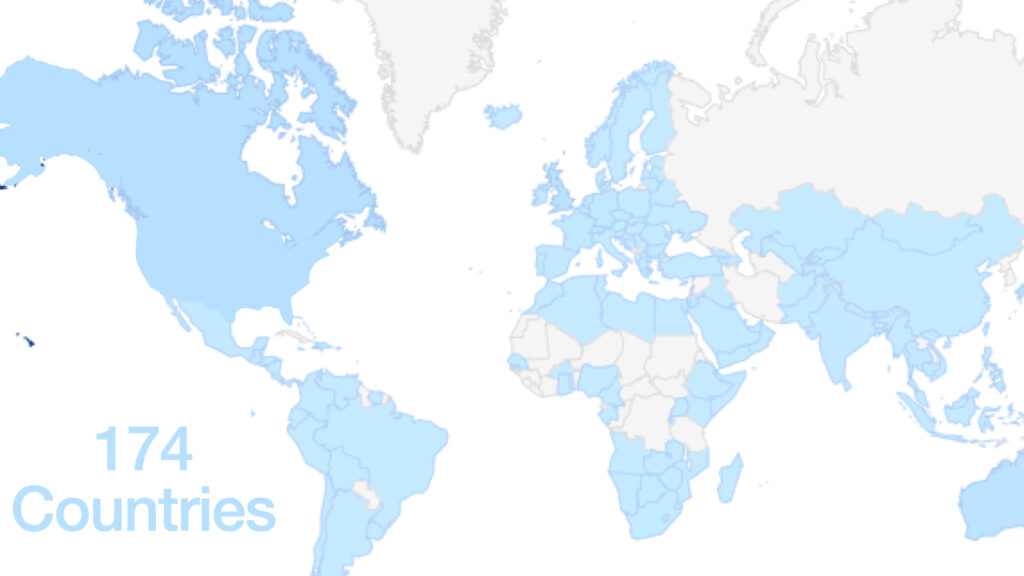While agents and publishers accept book proposals because they contain a number of specific things they like, most book proposals are turned down because of a general reason.
For example, refer to the “Who We Are,” section of this website. Each agent has a set of filters we use to focus our efforts. The filters reflect our strengths and/or personal preferences. Outside of these, we decline.
Publishers also have standards for book proposals they don’t consider. If something appears outside of their stated filters, it won’t even be read and considered regardless of the author’s ability, platform, or anything else. It simply isn’t the type of book they want to publish.
I don’t know what the actual percentage is, but my guess is a high percentage of decisions by agents and publishers are based on general principles, rather than on the details of a specific proposal. For instance:
“I represented a book like this before, and it didn’t sell.”
“We published a book like this before, and it didn’t sell.”
“We already have a book like this.”
Generalities govern more than agents and publishers.
In general, Christian books sell less than non-Christian books. It makes sense, since the majority of people in the world are not Christians.
Overall, women buy and read more Christian books than men, so books written for women sell better than those for men.
In general, publishing decisions are made by people who have a profound interest in books, love well-written projects, and are relatively difficult to please.
In general, publishers generate a substantial majority of their revenue from a relatively small number of projects they publish. You’ve heard of the 80/20 rule? In publishing, it is probably closer to 80/5, where 80% of publisher revenues come from 5% of their products.
In general, few books succeed in a dramatic way. According to Bookstat, 2.6 million different books sold online in 2020; and only 268 of them sold more than 100,000 copies, which is .01% or one for every 10,000 books.
In general, books sell more in their first year and decline in sales afterward.
In general, traditionally published books sell better than author-published books.
The life of an author is governed by a series of generalities as well.
In general, those who work harder and longer to develop their writing will see more success than an author who doesn’t work at it as diligently.
In general, those who work to develop a platform to promote their books do better than those who do not.
In general, a small percentage of authors become financially successful writing books.
I am fighting the temptation to focus on the exceptions to the “rules” and generalities that seem to govern so much of book publishing.
Sure, there are writers who come from nowhere and succeed. Their first book hits the top, and it’s a wild ride from there. But when you consider the thousands upon thousands of books published every year in the US Christian publishing industry, focusing on the three or six or ten that defied the odds isn’t something on which to build a stable career or company.
Maybe consider exceptions as an example of serendipities that pop up everywhere in the life of a Christian, allowed by God to remind all of us He is still there and active. Generally speaking, of course.










